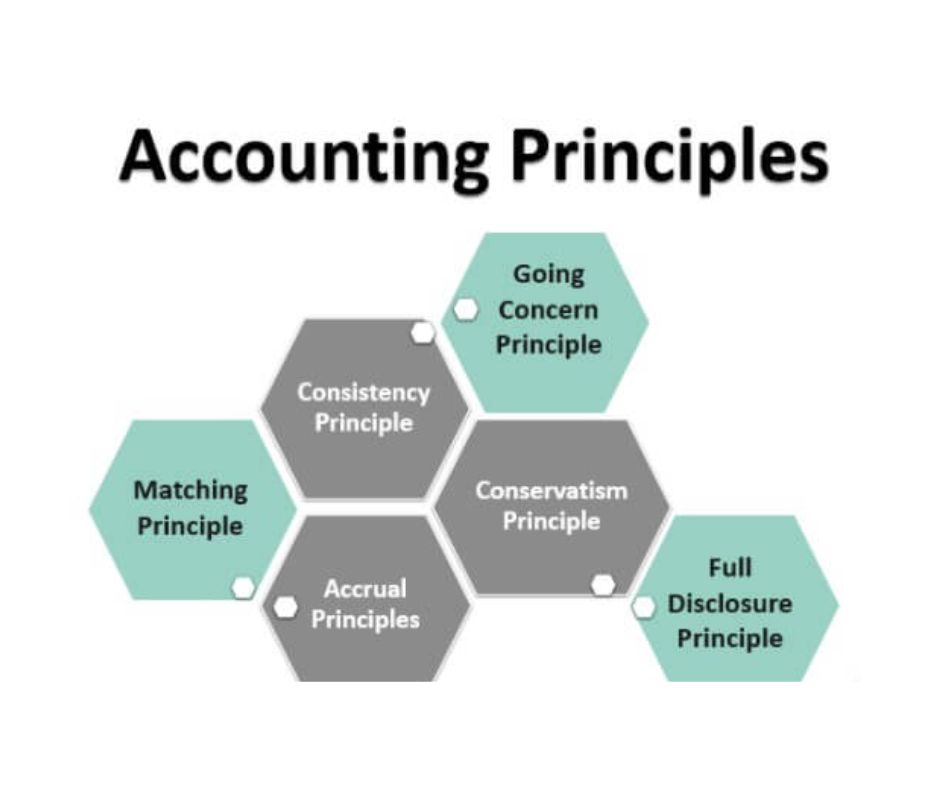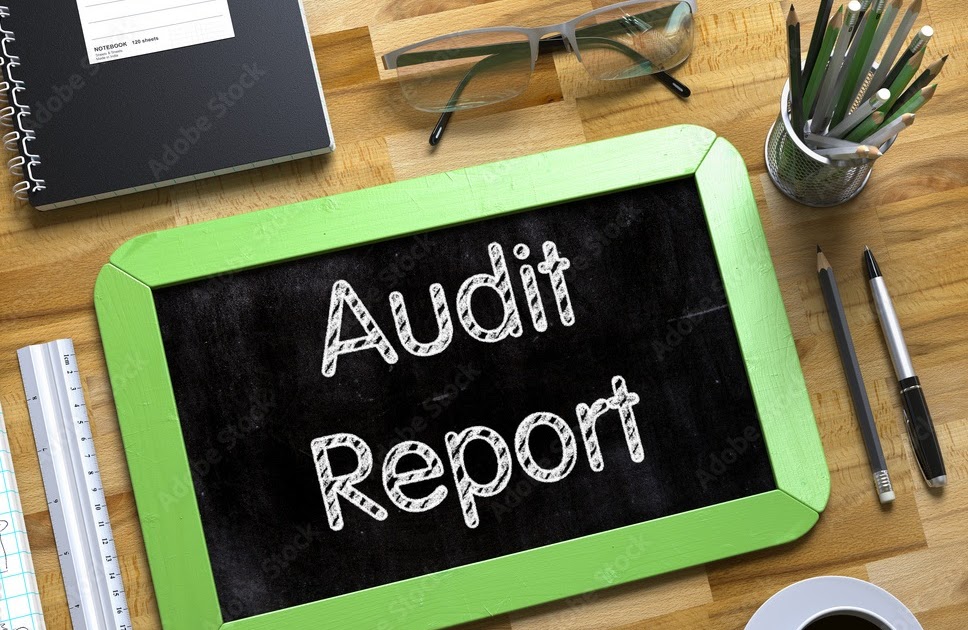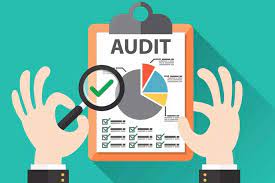What are the key objectives of a statutory audit for computer repair and maintenance services?
Statutory Audit for Computer Repair The key objectives of a statutory audit for computer repair and maintenance services are as follows: 1. Accuracy and Compliance: The primary objective of a statutory audit is to ensure the accuracy and compliance of financial records and statements related to computer repair and maintenance services. This involves verifying… Read More »









